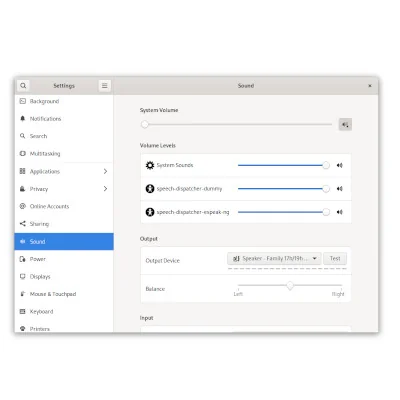A Look At How Some Video Encoders Saw Their Performance Shift This Year With SVT AV1/VP9 Ascending

Over on LinuxBenchmarking.com are those bi-daily results for different video encoders built from Git sources on a variety of systems (including two more systems recently brought online). Over on LinuxBenchmarking.com is all the automatically updated data, more system information, and the historical figures, among other daily-ish benchmarks powered via the Phoronix Test Suite and OpenBenchmarking.org.
While there have been requests for video encoder benchmarks on more systems and with some of the other video encoders and at different presets/configurations, unfortunately, resources are limited. LinuxBenchmarking.com isn't ad-driven or receiving any other funding for doing these routine video encoder benchmarks. So due to hardware expenditures but mainly the associated ongoing electrical/cooling costs put a damper on making these video encode tests more interesting. But if you would like to see them improved, consider partaking in the Phoronix holiday special or making a PayPal tip and mentioning in the notes/comments about your interest in seeing more video encode tests so it can be earmarked appropriately. It's tough enough as is operating the site due to ad-blocker users while extra gratis efforts like this video encode tracker would be among the first services to be cut otherwise as a result of those users.
The AOMedia reference AV1 encoder in most configurations can be quite slow still, but unfortunately in mid-July the performance dropped further and has yet to seemingly recover at least in the configuration tested.
Intel's SVT-AV1 encoder saw some nice performance improvements, particularly in March was a big increase in performance and a few more smaller improvements over the course of the year. On the systems tested, the SVT-AV1 video encode speed had at least doubled.
Intel's SVT-HEVC encoder meanwhile pulled back in July and has remained lower for the year since tracking began.
The Intel SVT-VP9 performance was similar to SVT-AV1 in seeing some big improvements for this Scalable Video Technology (SVT) open-source Intel project. Crazy good since September!
Google's libvpx VP9 encoder meanwhile has been flat since the tracking began in Q1.
So of those video encoders tested, Intel's SVT AV1 and VP9 efforts paid off big time this year in particular. It's been fascinating to watch the continued work on their open-source encoders that are speedy for all x86_64 CPUs we have tested from both Intel and AMD. Hopefully that work will continue into 2020 along with the other interesting open-source video encode/decode efforts as well as expanding GPU coding possibilities.
See all the data in full at LinuxBenchmarking.com.
Add A Comment

